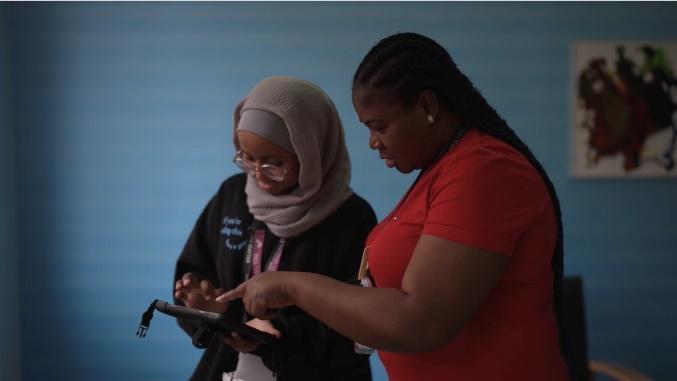28 November 2002 The heads of some of Europe’s biggest telecommunications companies held crisis talks with key figures in Brussels yesterday over the parlous state of the industry.
The heavyweight group of telecoms bosses were locked in discussions with Romano Prodi, the European Commission president, and Erkki Liikanen, the EC’s telecoms commissioner, in a fresh bid to persuade Brussels to alter the rules for the rollout of third-generation (3G) networks, relax merger rules and spend more state cash on telecoms and IT projects.
The group also urged the EC to encourage member states to spend €1 billion annually to stimulate demand for broadband technologies, partly by increasing the budget for e-government initiatives.
The lobby included telecoms CEOs Ben Verwaayen of BT, Thierry Breton of France Telecom, Serge Tchuruk of Alcatel, Cesar Alierta of Telefonica and Marco Tronchetti Provera of Telecom Italia, as well as representatives of manufacturers Nokia, Ericsson and Siemens.
The European Union’s council of national telecoms ministers will gather on 5 December 2002 to discuss issues raised at yesterday’s crisis meeting. An EC official told Infoconomy that the body was well aware of the “serious” situation facing the telecoms industry in Europe.
The latest lobbying effort comes at a time when many European operators are floundering under a mountain of debt, stemming largely from their willingness to spend a combined €100 billion on 3G licences. Analysts estimate that the carriers will spend roughly the same amount again on 3G networks.
Only today, MobilCom, the German telecoms company, reported a third-quarter loss of €2.9 billion.
This loss included a write down on its 3G investments worth some €9.9 billion. Of this, €7.1 billion will be taken on by France Telecom, the beleaguered French carrier that agreed to the refinancing arrangement as part of the dissolution of the companies’ partnership.
France Telecom itself is floundering under total debts of at least €70 billion. It was reported in Paris yesterday that the French government is preparing a rescue bid for the company. Under the mooted plan, the state will transfer its 54.5% stake to a new public entity in a move designed to raise about €9 billion for the company.









